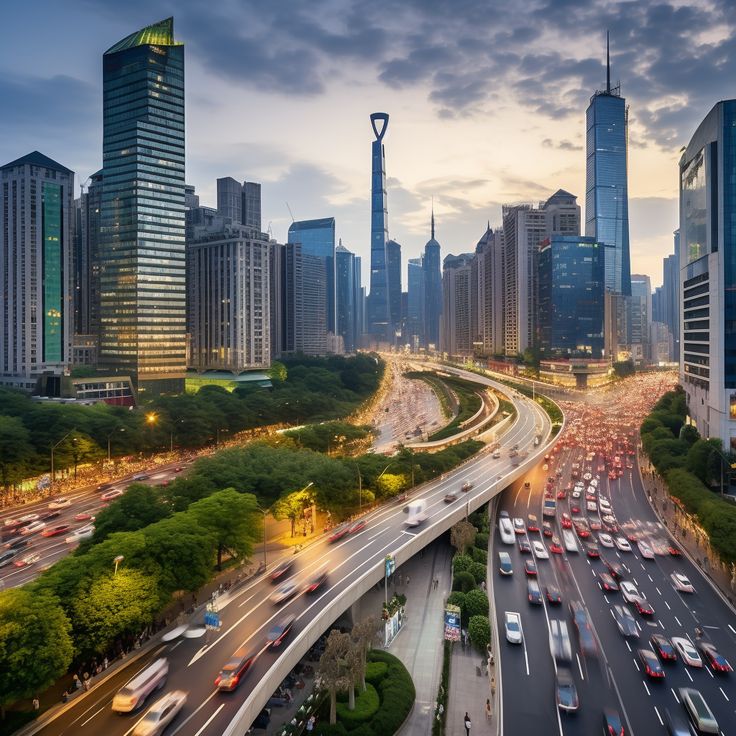The future of urban transport is rapidly evolving. With advancements in technology and shifting societal needs, we face exciting changes. These shifts helps us adapt to a new way of moving through our cities.
First, electric vehicles, are at the forefront of urban transport innovation. With growing environmental concerns, many cities are promoting electric vehicles adoption to reduce carbon emissions. For instance, cities like Amsterdam have significantly increased their electric vehicle infrastructure. Charging stations are popping up everywhere, making it easier for residents to switch to electric.

Another significant trend is public transport modernization. Public transit systems are embracing technology, offering real-time tracking and app-based services. This transition improves efficiency and attracts more users. For example, cities implementing mobile ticketing options are seeing a rise in public transport ridership.
The rise of micro mobility options, such as bikes and scooters, has transformed how we navigate urban spaces. These solutions provide convenient ways to travel short distances. E-bikes and scooters can easily be rented via smartphone apps, making commuting fun and eco-friendly.
The future of urban transport is bright and full of innovations. Adapting to changes like electric vehicles, modern public transport, and micro-mobility options will enhance city living. Embracing these trends ensures we create efficient, sustainable urban spaces.


